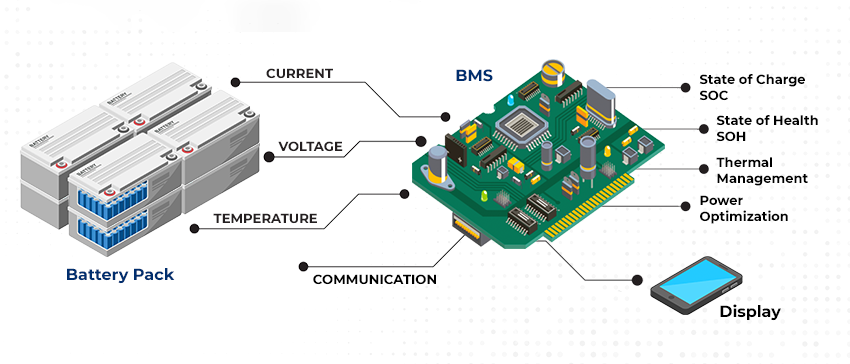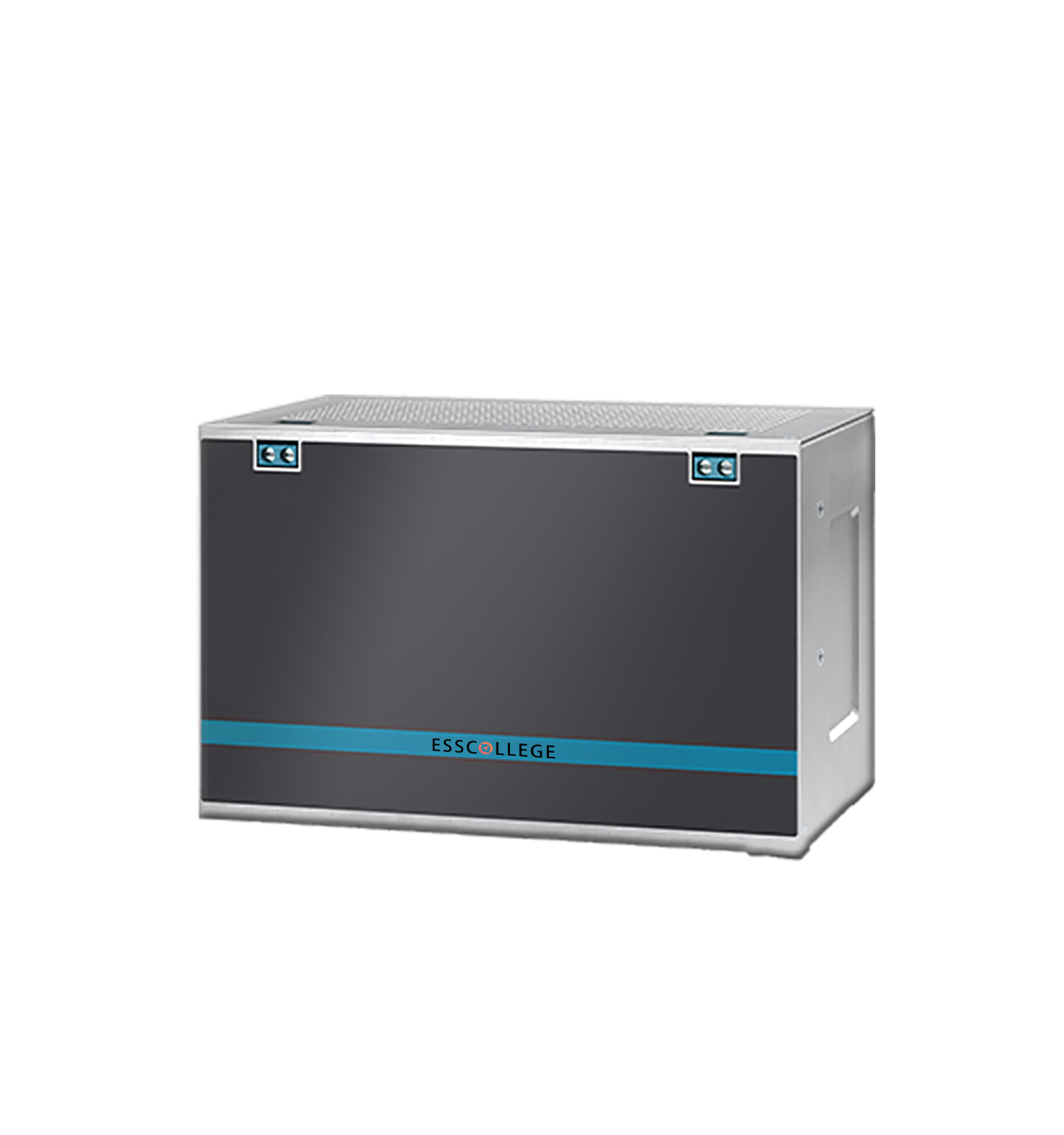This section describes the battery string
Battery packs are an integral part of UPS and are widely used in data centers, hospitals, financial institutions and various places that require a reliable power supply. The main function of the UPS is to provide backup power to connected devices to prevent data loss and equipment damage caused by sudden power outages or power failures. This article will cover the key components of the UPS battery pack, including the battery unit and the battery management system (BMS).

Battery unit
The battery unit converts chemical energy into electricity through a chemical reaction that drives the UPS system. When the main power supply fails, the UPS battery will quickly plug in and provide power. The number and specifications of battery units affect the UPS running time and output capability. Different UPS systems configure different battery units based on load requirements.
Lead-acid battery
his is the most widely used type of UPS battery, with advantages such as low cost and mature technology. Lead-acid batteries are commonly used in small UPS systems and are suitable for short periods of power supply.
Lithium-ion batteries
Compared to lead-acid batteries, lithium-ion batteries have a higher energy density, longer life and lower weight. More and more UPS systems are starting to use lithium-ion batteries, especially in applications with stringent space and weight requirements.
Nickel-cadmium batteries
Although the cost is higher, nickel-cadmium batteries have excellent temperature adaptability and long life, suitable for use in harsh environments.
Battery Management System (BMS)
The battery management system (BMS) plays a crucial role in the UPS battery pack. Its main functions include:
Real-time monitoring
The BMS monitors the voltage, temperature and status of each cell in real time, ensuring that it is within a safe and efficient operating range.
Balanced charging
Since the performance and aging degree of battery cells may be inconsistent during use, BMS ensures that all battery cells are charged and discharged at the same rate through balanced charging technology, extending the overall life of the battery pack.
Fault warning
When a battery unit is faulty or abnormal, the BMS can send an alarm in time and take measures, such as disconnecting the faulty battery, to protect other battery units and ensure the normal operation of the UPS.
Data recording
The BMS system can also record the battery's charge and discharge history, cycle life and other data, providing a basis for later maintenance and analysis.
CONCLUSION
The UPS battery pack is an important facility to ensure the stability of the power system. The battery unit and the battery management system complement each other to ensure that the UPS can provide power immediately and stably when the power is interrupted. With the advancement of technology, the performance and safety of UPS battery packs continue to improve, not only improving the reliability of power equipment, but also providing a solid guarantee for the normal operation of enterprises and institutions.

UPS BATTERY SERIES
UPS (Uninterruptible Power Supply) batteries are an important component of power supply systems designed to provide stable power support for electronic devices.
THE ESSC Brand promise
Global supply
Our products sell well all over the world, covering many countries and regions, through the global logistics network, to provide customers with convenient purchasing experience.
Rigorous quality
We adhere to the highest quality control standards to ensure every product meets industry regulations and customer expectations, earning trust through consistent excellence.
Excellent service
With a customer-centric approach, we provide prompt responses, professional support, and personalized services, aiming to deliver the best user experience and long-term value.


